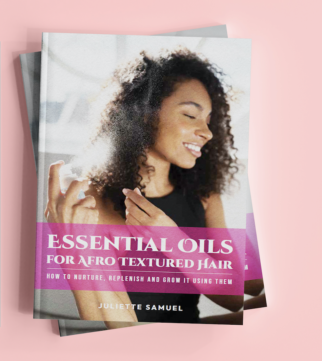 As great as that Sour Cream Pound Cake, sweet potato and pecan pies taste that your Grandmother prepared for Thanksgiving Dinner, the sugar content was not the best thing for your beautiful black skin.
As great as that Sour Cream Pound Cake, sweet potato and pecan pies taste that your Grandmother prepared for Thanksgiving Dinner, the sugar content was not the best thing for your beautiful black skin.
On average Americans consume 150 pounds of sugar each year. You all know that African Americans are pruned to consume even higher amounts. The average adult consumes 22 teaspoons and the average child consumes 32 teaspoons of sugar daily. Whether it’s sugar, glucose, high-fructose corn syrup, molasses or any other name, you’re taking in lots of calories with no nutritional value.
You’ve all been taught that with lots of sugar comes diabetes. As a matter of fact, the elders used to call diabetes, sugar. They’d say I’ve got sugar. Not only does diabetes become a factor, there’s also hypertension, obesity, cavities and food for cancer cells. Yes sugar feeds cancer cells.
Sugar and African American Skin
Has anyone ever told you how much damage sugar does to your skin? Point blank- Sugar kills your skin. While the signs of aging or the damage itself might not be seen as fast as in other ethnic groups,, sugar is causing untold damage to your skin. The new buzz word is Glycation.
Glycation occurs when sugar binds to the proteins in your skin. Don’t get things twisted, sugar will bind itself to any protein. So when you eat meats cooked with honey and/or sugar, you’re ingesting sugar that’s bound to protein.
The protein referred to is known as collagen and elastin. When sugar binds itself to your collagen and elastin, you will begin to see a breakdown of your skin in the form of dull, dry ashy skin. Some of you will even experience wrinkles.
Other skin challenges caused by sugar are Inflammation and what’s known as oxidative stress. Both of these conditions speed up the aging process.
Inflammation is your body’s response to harmful stimuli caused by your immune system being activated. Glycated sugar helps set up the cycle of inflammation and skin damage that you experience.
Oxidative stress is caused by environmental – sun damage- and metabolic stress which is produced by the effect that sugar has on your metabolism.
How Do You Have Healthy African American Skin Without the Sugar?
Since your skin becomes what you eat, it’s extremely important to adopt a more healthier lifestyle.
Eating your green foods is a must. The more your vegetables can go from ground to table the better. Since most of us don’t grow our own food, look for local farmers in your area to supply you. Join an organic food coop
Nix the breads, pies, ice cream and pasta. Ok, minimize your intake of these foods until you can go without them.
Use natural and organic skin care products for topical use. Cleaning your inside and still using toxic skin care products will defeat all of your efforts.
That’s it for this week,
Dedicated To Your Beauty,
Juliette Samuel,
Esthetician/Author/Publisher




 Facebook
Facebook Twitter
Twitter Delicious
Delicious Digg
Digg Myspace
Myspace StumbleUpon
StumbleUpon Youtube
Youtube